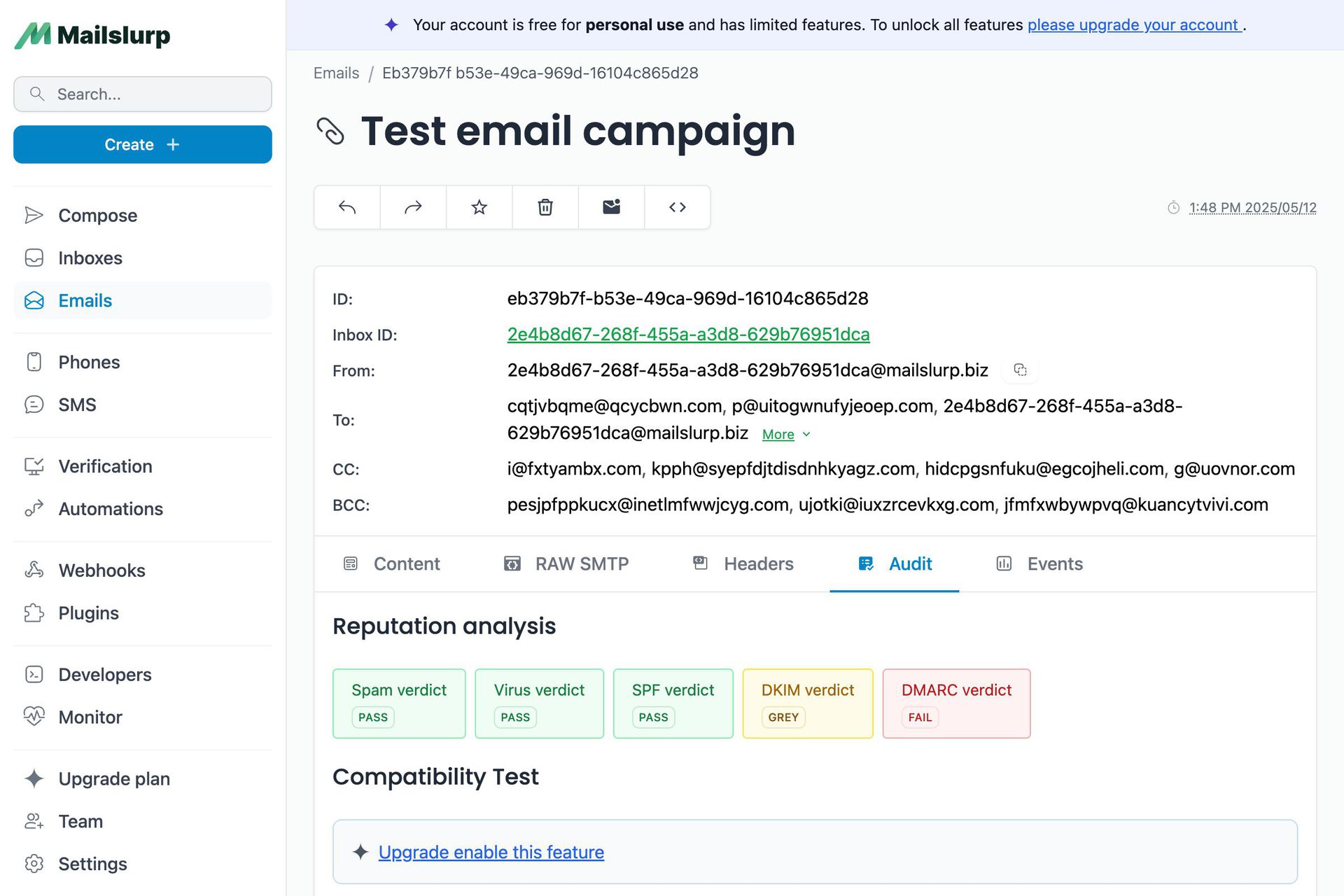Videos
Check out our tutorial video series.
Document search has emerged as a quintessential feature for a myriad of websites, from content-heavy blogs and documentation pages to e-commerce platforms. A robust search functionality enhances user experience, allowing users to effortlessly navigate and access the information they need.
Algolia, a popular hosted search engine, has long been a go-to solution for many developers. However, the open-source ecosystem offers self-hosted alternatives like Typesense that give developers more control, customization, and transparency. In this article, we'll explore the importance of document search, the benefits of open-source, and how to deploy Typesense on Kubernetes.
In the vast sea of information that the internet has become, the importance of efficient navigation cannot be overstated. Here's why document search is pivotal:
Open source software (OSS) like Typesense offers several benefits:
Now that we understand the significance of document search and the advantages of open-source, let's dive into deploying Typesense on Kubernetes.
Firstly, we need a persistent volume to store Typesense's data, ensuring data persistence across restarts.
Once the volume is set, we create a Persistent Volume Claim (PVC) to request storage from the volume:
Now, we'll deploy Typesense using the following configuration:
Lastly, we need a service to expose Typesense, making it accessible:
Document search is paramount in today's digital landscape, and open-source solutions like Typesense offer a transparent, customizable, and community-backed alternative to services like Algolia. With the power of Kubernetes, deploying and scaling Typesense becomes a breeze, ensuring your website's users always find what they're looking for.
Check out our tutorial video series.
Email and SMS guides for automation and testing.
View github project code for multiple languages.
Latest posts from the MailSlurp team.
Test, build, and automate messaging with a free MailSlurp account.
